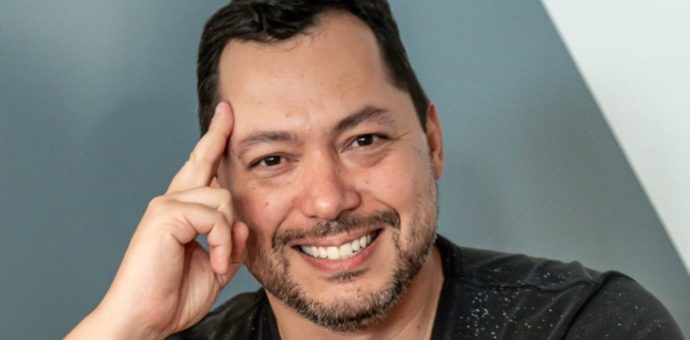“I believe we can improve the world through education”. With these words, the organizer of Rio Crypto Day, held on June 4 in Rio de Janeiro, explains why he created an event with an educational focus on the crypto assets market. “People still lack knowledge in this market, and I want to bring this to them”, he adds in an interview with PanorarmaCrypto. Check out the full content:
Why did you choose Rio de Janeiro to organize the Rio Crypto Day?
First of all, I am a carioca, and I want to see my city constantly improving. Besides, Rio is the perfect environment for an event of this type. The city is becoming a hub of innovation and development in several areas, including crypto. For example, the city government recently launched a sandbox that hopes to attract technological innovation projects. There is also Maravalley, a hub for startups and tech companies in Rio’s port area. We recently hosted Ethereum.Rio and so on.
How was the event’s design?
I believe that we can improve the world through education. And everything I do has a purpose. I bring this from my personal and professional experience. In this sense, I see that people still lack information about the crypto assets market today. And I consider myself a curator, a hub, who can connect and integrate various levels of knowledge and bring it to the public.
Including the third sector?
Yes, every ticket sold reverts to social actions conducted by the Gratitude group. It is a project that takes people off the streets, offering food, clothes, and drinking water. It also helps them get documents such as birth certificates, Individual Taxpayer Identification Number (ITIN), work cards, etc. We also have The Satoshi Nation project, which are NFTs focused on educational projects, including purchasing a hard wallet with discounts, access to educational content, lectures, discounts on courses, etc.
What is the event’s target audience?
There are more than eight hours of content, ranging from the very basic level to more advanced topics. We will have a special debate between women educators in the crypto market. We will have the presence of black speakers. And this is not our merit because the crypto assets market is naturally inclusive, whether in terms of gender, race, or social position.
How is the program different from the previous event?
The first Rio Crypto Day addressed several topics, from mining to the use of bitcoin as a tool for diversification of medium and long-term investments. This edition will go deeper into some topics and talk about various aspects of the crypto market, including stablecoins. It will include, for example, the BRZ and the importance of having a digital currency pair in national currency so that Brazilians can make better trading decisions.
Any moment or person to be highlighted in particular?
I would be committing an injustice to the others with any name that I highlight. But if I had to name one, I would mention Flávia Jabur, responsible for the entrance of new investors into the world of crypto assets, especially for the wording and didactics to explain to beginners. A highlight moment will be the closing when there will be a great debate about the coexistence of the crypto market with the traditional financial market.
How do you see the coexistence of these two markets?
They are complementary. Maturity will come when these two environments coexist, and I think we are one step away from it.
How do you see Brazilians in the crypto environment?

Given the exchange rate issue, Brazilians are becoming more prepared than people of other nationalities. I envision a Brazilian Storm in the crypto world – alluding to what happened in surfing when several Brazilians started to stand out in the sport. As a businessman, I want to lead this movement and show the importance of retaining talent and paying it fairly.
And how can this be achieved ?
Again, education is the issue. The crypto educational market is perhaps the most significant opportunity for an economic breakthrough. With the collaboration of the public power, this can be reflected in the improvement of the human and economic development indexes, not only in Rio but also in Brazil. Consequently, it would impact gains for society, such as increased income, reduced violence, and reduced inequality.
What innovation can we expect in the market in terms of education?
I am pretty optimistic about the so-called Soul-bounds NFTs (SBTs). SBTs would be non-transferable NFTs that could be used for, for example, individual-specific university degrees, allowing proof of ownership without a resale function. This could create a kind of worldwide certification and could have smart contracts tied to it. SBTs mark an attempt by Ethereum’s founder to add greater functionality for NFTs beyond mere speculation with digital image sales.
What is the future of Rio Crypto Day?
We already have proposals to organize the event in Portugal and in Miami. Soon we may have news.







